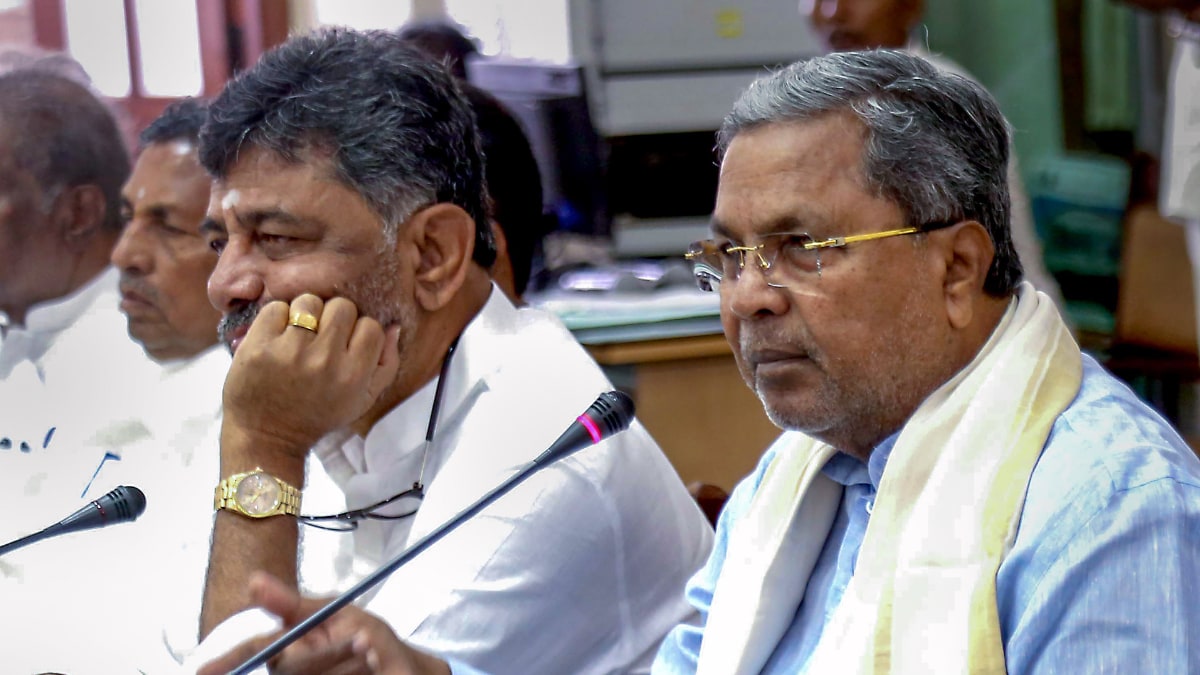When governments start playing with numbers, it’s often the people who get played. The recent caste survey released by the Karnataka government is a prime example — a report riddled with discrepancies, hidden agendas, and what increasingly looks like a calculated political manoeuvre to redraw the social justice map in favour of vote-bank arithmetic rather than genuine empowerment. At the heart of the controversy is the Congress-led government’s “Socio-Economic and Education Survey” — a document meant to be the bedrock of future reservation policies. Instead, it has become a lightning rod for outrage. And rightly so. Start with the numbers. The survey claims that the Vokkaligas and Lingayats – traditionally dominant and politically influential communities – constitute only 8% and 9.8% of the state’s population, respectively. This is a laughable underestimation, directly contradicting most previous estimates, which put them each around 14-16%. Even more puzzling, the total population percentages of all communities add up to less than 100%, making one wonder whether Excel or expediency was used to crunch these numbers. Then there’s the stunning inflation of the Muslim population to 16%, significantly higher than the 12.9% recorded in the 2011 Census. What’s the basis for this sudden demographic swell? No explanation is forthcoming, but the political motivation is not hard to decipher. This is not a case of statistical error — it reeks of deliberate social engineering. By downplaying the numbers of dominant OBC groups and inflating the figures of minorities, the Congress appears to be laying the groundwork for a new reservation matrix. A matrix where Muslims, already beneficiaries under the 2B category of the OBC list in Karnataka, are positioned to claim an even larger share of the pie — a pie that was meant for socially and educationally backward classes, not religious appeasement.

The Opposition’s uproar is entirely justified. When former Chief Minister Basavaraj Bommai and BJP leaders cry foul, they are not merely playing politics — they are sounding the alarm on a dangerous distortion of democratic intent. The JD(S), too, has smelled the rat and accused the government of attempting to “politically finish” dominant communities through bogus data. What’s at stake here is not just the reservation formula — it’s the credibility of governance. A caste survey is a serious and sensitive instrument of policymaking. It demands transparency, accuracy, and integrity. The Congress government has offered none. Instead, it has hidden the methodology, delayed the report, and finally released it under questionable circumstances, with just enough ambiguity to inflame identity politics and deflect attention from real issues. If this were truly about empowerment, where is the data on economic status, literacy, or access to education and jobs? What exactly is “socio-economic” about this survey besides the title? Let’s call a spade a spade: this is not social justice. This is communal arithmetic masquerading as policy reform. Congress’s brand of politics has always included appeasement, but in Karnataka, it appears they are willing to do so even at the cost of alienating large sections of OBCs, SCs, and STs who rely on data-backed policy for fair representation. Sacrificing their interests to curry favour with a 12% minority — bloated to 16% on paper — is not just irresponsible. It is divisive, cynical, and deeply undemocratic. If Congress is so confident in the accuracy of this survey, let them open it to public scrutiny. Let data scientists, sociologists, and statisticians vet the findings. Until then, skepticism is not just valid — it is essential. Because if truth is the first casualty in politics, data seems to be a close second in Karnataka.




